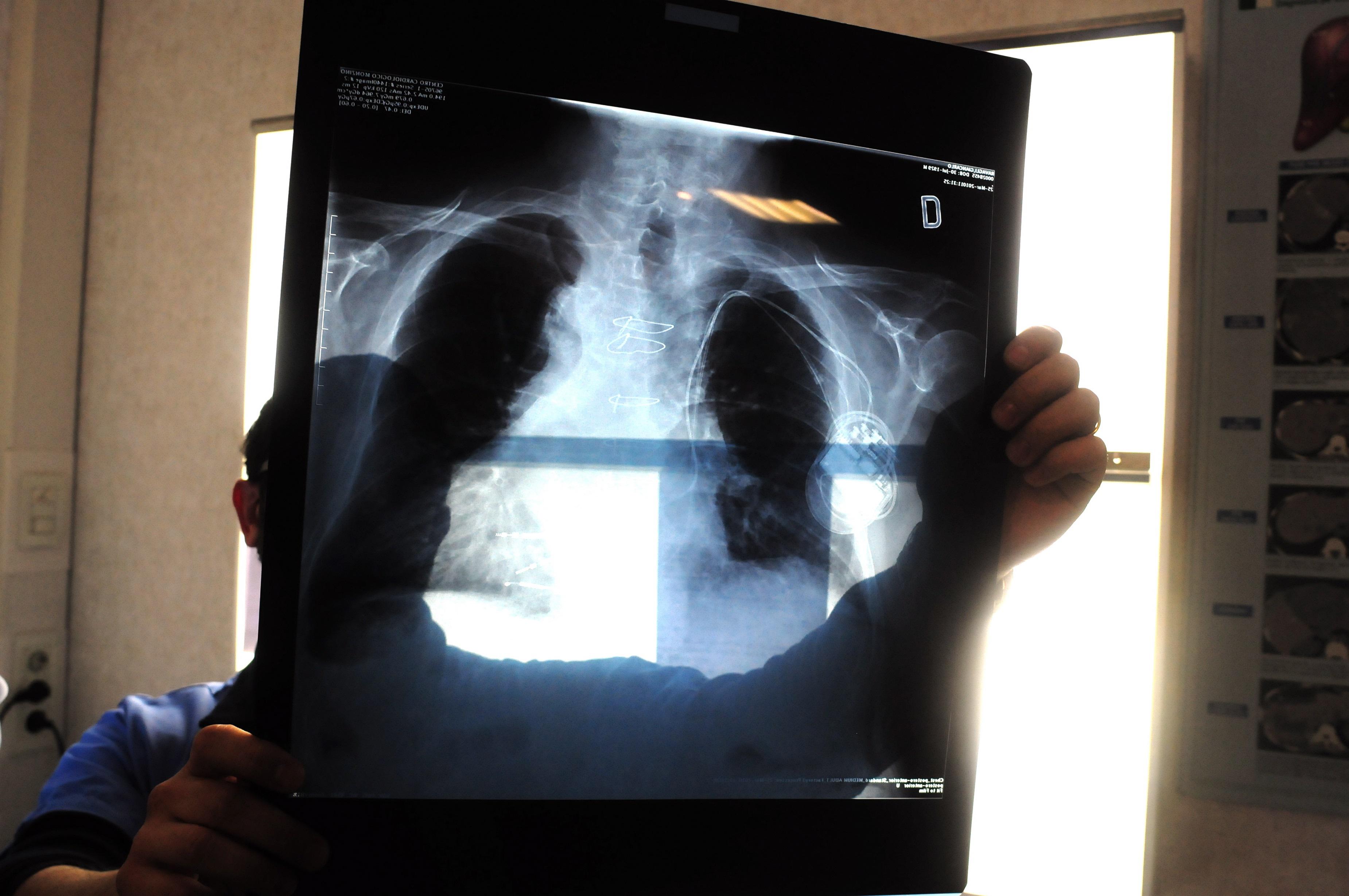The economist Santiago Niño-Becerra. /
The economist Santiago Niño-Becerra warns of the consequences that the different crises will bring, especially for the youngest, in his book ‘Future, what future?’
Time has passed so quickly in recent years that the economy has chained several economic crises – a pandemic and now the war in Ukraine – “without having fully overcome the recession of a decade ago.” This is what the economist Santiago Niño-Becerra (Barcelona, 1951) maintains, who breaks it down in his latest book ‘Future, what future?’ (Ariel) the system that is to come from the year 2023 as a consequence of the “decline of capitalism”. A lot of technology, yes, but above all an “impoverishment” of the generations that were born after the year 1996 and that, both in 2008 and now, live in a context marked by crises, lack of work and, now, inflation which, as the writer clarifies, can only be resolved by manufacturing and buying less.
-There is a whole generation of young people who do not know what it is to live in a period in which there is no crisis involved.
The virus crisis has not yet passed, because the problems created in the logistics chains are still there and have not been resolved. The previous one, the banking one, began in 2008 and has not been completely solved either. The banking crisis begins in 2008. It has not been completely solved either. In the book I don’t talk about the invasion of Ukraine because when it happened, the book was already on the machines. But indirectly I am speaking because I am speaking of the change in the international order that has been taking place since 1991, with the breakup of the Soviet Union and the emergence of the emergence of China. The demand for work is falling and all this affects the young and middle-aged people the most, such as those affected by the closure of the bank.
-But part of these young people are employed and have aspirations.
It is true that many of those young people who go from 1996 to 2008 are high. What happens is that they are placed precariously. Other ‘millennials’ have established themselves on their own and I don’t know how their business will end, after that refrain that you had to be an entrepreneur. Many of them neither have a car nor a home and are having a very bad time. They are the ones who are going to suffer the real ax blow, because there they are going to suffer all the explosion of technology that is going to displace jobs at close range. Then there is another later generation, the one that goes from 2008 to 2023, totally different, accustomed to an atmosphere of crisis, unemployment and shortages, very technological and digital.
-A labor reform has just been approved to give stability to this group. Will it be so?
That labor reform says that contracts have to be indefinite, but I don’t know how this will be resolved. Because the trend we are going towards is work on demand.
– Is there really not going to be work for everyone in the future, as you maintain?
It is that there is no longer, especially for the youngest. Youth unemployment is over 30%, according to Eurostat data. And what there is is precarious or temporary.
-These are generations that cannot even acquire everything they want due to the effect of inflation.
-Inflation is affecting everyone. But there are already families who are saving to buy a washing machine or to go on vacation. But even in that case, the young people of generation Z are living it doubly badly, because very few are emancipated. They have lack of income, rent and precariousness. The only way left for them is to renounce certain products or goods.
-How do you combat this inflation?
There is an inflation that is generated by excess consumption, which is fought or through interest rates. As was the case until 2008. And then there is structural inflation, which is what we have now, which is inflation due to lack of supply, which may or may not be combined with excess demand. But of course the problem is supply. Let’s think that now the problem is one of supply and that it usually comes. Inflation is not always accompanied by stagnant growth, which is what happened in the 1970s. I don’t think there will be stagflation, that is, zero growth. But it is going to be a very low growth. Inflation is not combated with monetary policy. In the 1970s it was already shown that it doesn’t work, because what fails is supply, not demand. Inflation is combated by reducing demand, that is, by manufacturing less and buying less. This impoverishes us all, yes.
-Therefore, do you not agree with the recent measures approved by the Government?
This plan is, in fact, what we could have called a basic income, that is, the basic income can be granted or by giving an amount of money from time to time to a family or a person. That is, a patch. What he should have done is lower taxes, such as VAT. This ensured that the price of fuel fell. But the problem with lowering taxes is that collection falls and Spain has a very high deficit and that is a very complicated situation. Let us not forget that, in addition, next year there are elections.
-He maintains that capitalism is in decline. What comes next?
This has already happened other times in history. What is happening now is not going to end capitalism. We follow capitalism, but with another capitalism, for example, payment for access to use is becoming more and more in vogue. Before, the goal was to have your own car. Towards the year 2070, if the dynamics that have been fulfilled until now continue to be fulfilled, the new system is going to be a system in which we will initially seem very sad, very sad, with absolutely savage inequality and a control demographic where technology will reign.
#Inflation #fought #buying #manufacturing #impoverishing









